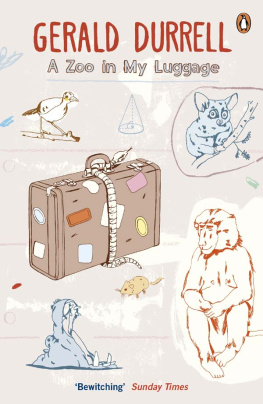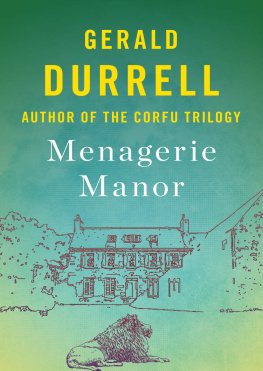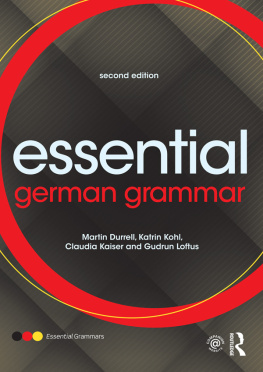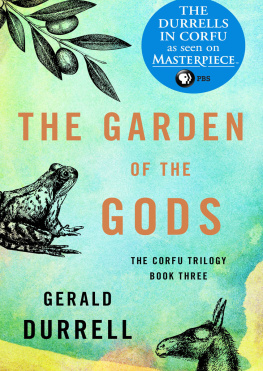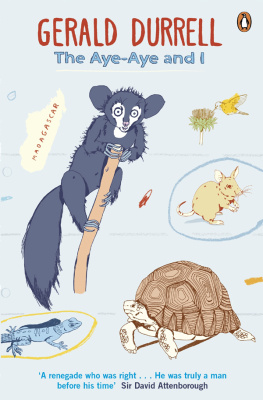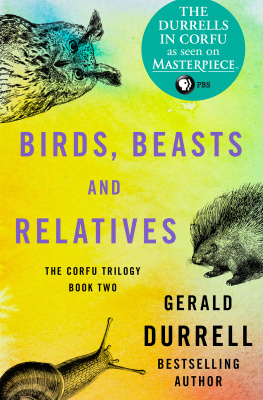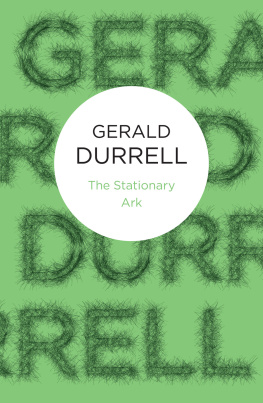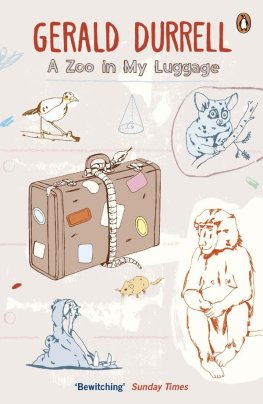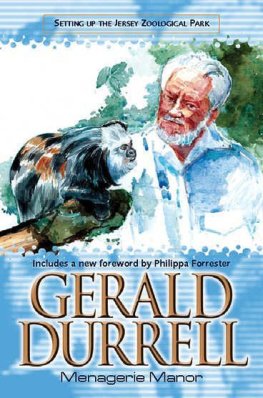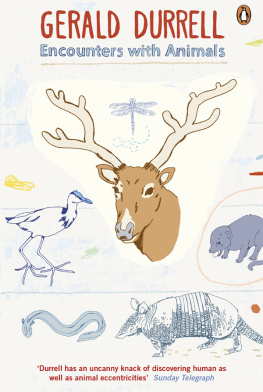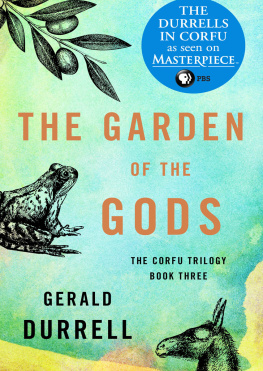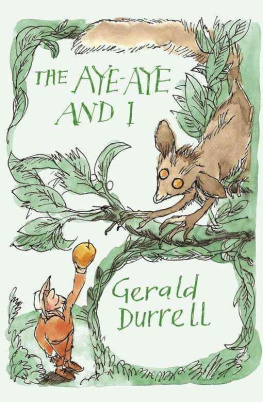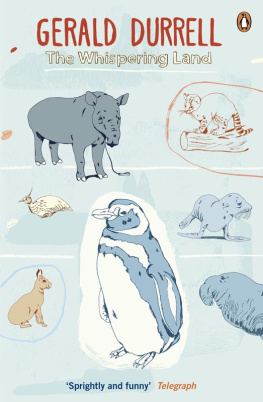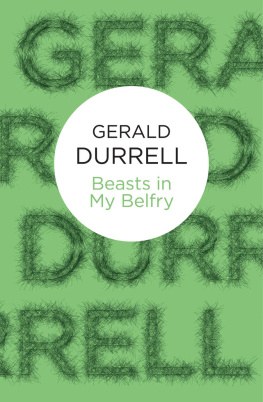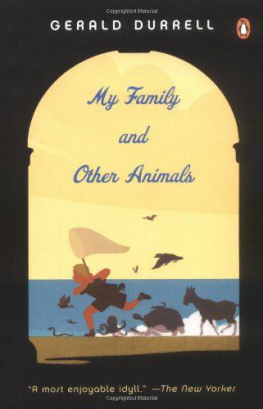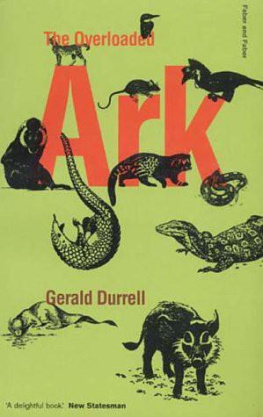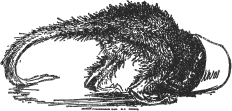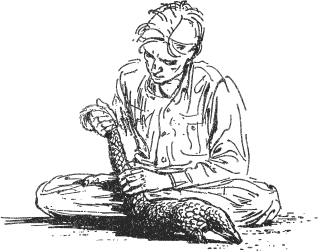
PENGUIN BOOKS
PENGUIN BOOKS
Published by the Penguin Group
Penguin Books Ltd, 80 Strand, London WC2R 0RL , England
Penguin Group (USA) Inc., 375 Hudson Street, New York, New York 10014, USA
Penguin Group (Canada), 90 Eglinton Avenue East, Suite 700, Toronto, Ontario, Canada M4P 2Y3 (a division of Pearson Penguin Canada Inc.)
Penguin Ireland, 25 St Stephens Green, Dublin 2, Ireland (a division of Penguin Books Ltd)
Penguin Group (Australia), 250 Camberwell Road, Camberwell, Victoria 3124, Australia (a division of Pearson Australia Group Pty Ltd)
Penguin Books India Pvt Ltd, 11 Community Centre, Panchsheel Park, New Delhi 110 017, India
Penguin Group (NZ), 67 Apollo Drive, Rosedale, Auckland 0632, New Zealand (a division of Pearson New Zealand Ltd)
Penguin Books (South Africa) (Pty) Ltd, Block D, Rosebank Office Park, 181 Jan Smuts Avenue, Parktown North, Gauteng 2193, South Africa
Penguin Books Ltd, Registered Offices: 80 Strand, London WC2R 0RL , England
www.penguin.com
First published in Great Britain by Rupert Hart-Davis 1960
First published in the United States of America by The Viking Press 1960
Published in Penguin Books 1964
Reissued in this edition 2012
Copyright Gerald Durrell, 1960
All rights reserved
ISBN: 978-0-14-193165-4
PENGUIN BOOKS
A ZOO IN MY LUGGAGE
Gerald Durrell was born in Jamshedpur, India, in 1925. He returned to England in 1928 before settling on the island of Corfu with his family. In 1945 he joined the staff of Whipsnade Park as a student keeper, and in 1947 he led his first animal-collecting expedition to the Cameroons. He later undertook numerous further expeditions, visiting Paraguay, Argentina, Sierra Leone, Mexico, Mauritius, Assam and Madagascar. His first television programme, Two in the Bush, which documented his travels to New Zealand, Australia and Malaya was made in 1962; he went on to make seventy programmes about his trips around the world. In 1959 he founded the Jersey Zoological Park, and in 1963 he founded the Jersey Wildlife Preservation Trust. He was awarded the OBE in 1982. Encouraged to write about his lifes work by his novelist brother Lawrence, Durrell published his first book, The Overloaded Ark, in 1953. It soon became a bestseller and he went on to write thirty-six other titles, including My Family and Other Animals, The Bafut Beagles, Encounters with Animals, The Drunken Forest, A Zoo in My Luggage, The Whispering Land, Menagerie Manor, The Amateur Naturalist and The Aye-Aye and I. Gerald Durrell died in 1995.
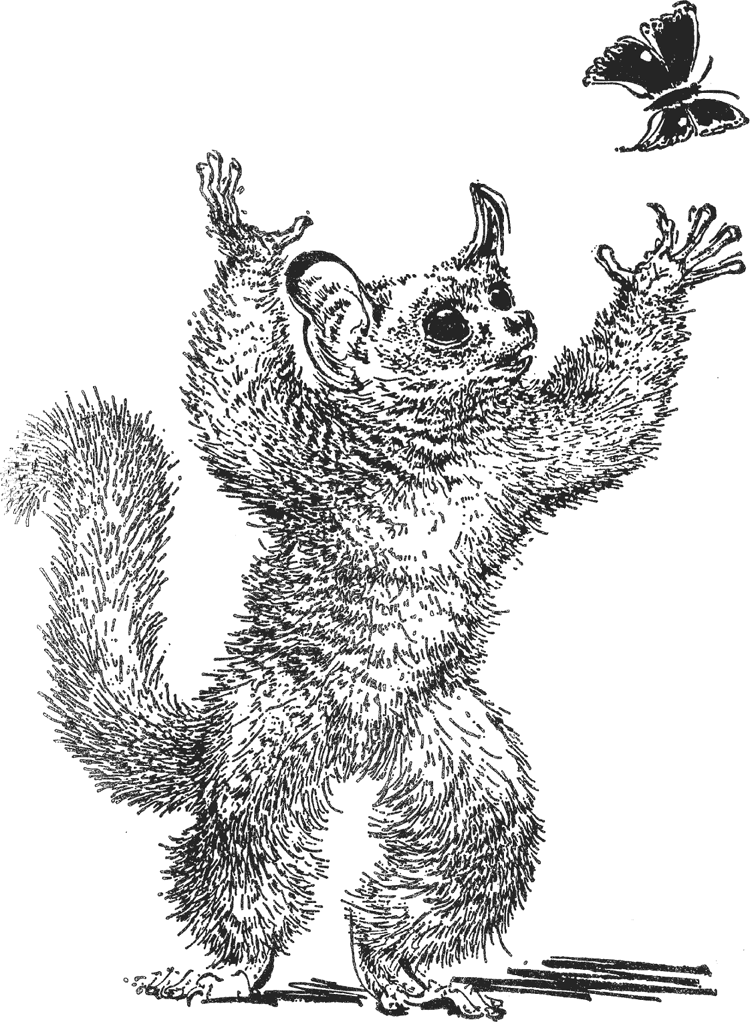
For Sophie
In memory of Tio Pepe, Wiener Schnitzel,
and dancing kleek to kleek
A Word in Advance
This is the chronicle of a six-month trip that my wife and I made to Bafut, a mountain grassland kingdom in the British Cameroons in West Africa. Our reason for going there was, to say the least, a trifle unusual. We wanted to collect our own zoo.
Since the end of the war I had been financing and organizing expeditions to many parts of the world to collect wild animals for various zoological gardens. Bitter experience over the years had taught me that the worst and most heart-breaking part of any collecting trip came at the end when, after months of lavishing care and attention upon them, you had to part with the animals. If you are acting as mother, father, food-provider and danger eradicator to an animal, half a year is enough to build up a very real friendship with it. The creature trusts you and, what is more important, behaves naturally when you are around. Then, just when this relationship should begin to bear fruit, when you ought to be in a unique position to study the animals habits and behaviour, you are forced to part company.
There was only one answer to this problem, as far as I was concerned, and that was to have a zoo of my own. I could then bring my animals back knowing what type of cages they were going to inhabit, what sort of food and treatment they were going to receive (a thing which one cannot, unfortunately, be sure about with some other zoos), and secure in the knowledge that I could go on studying them to my hearts content. The zoo, of course, would have to be open to the public so that, from my point of view, it would be a sort of self-supporting laboratory in which I could keep and watch my animals.
There was another and, to my mind, more urgent reason for creating a zoo. I, like many other people, have been seriously concerned by the fact that year by year, all over the world, various species of animals are being slowly but surely exterminated in their wild state, thanks directly or indirectly to the interference of mankind. While many worthy and hard-working societies are doing their best to tackle this problem, I know a great number of animal species which, because they are small and generally of no commercial or touristic value, are not receiving adequate protection. To me the extirpation of an animal species is a criminal offence, in the same way as the destruction of anything we cannot recreate or replace, such as a Rembrandt or the Acropolis. In my opinion zoological gardens all over the world should have as one of their main objects the establishment of breeding colonies for these rare and threatened species. Then, if it is inevitable that the animal should become extinct in the wild state, at least we have not lost it completely. For many years I had wanted to start a zoo with just such an object in view, and now seemed the ideal moment to begin.
Any reasonable person smitten with an ambition of this sort would have secured the zoo first and obtained the animals afterwards. But throughout my life I have rarely if ever achieved what I wanted by tackling it in a logical fashion. So, naturally, I went and got the animals first and then set about the task of finding my zoo. This was not so easy as it might seem on the face of it, and looking back now I am speechless at my audacity in trying to achieve success in this way.
This, therefore, is the story of my search for a zoo, and it explains why, for some considerable time, I had a zoo in my luggage.
Mail by Hand
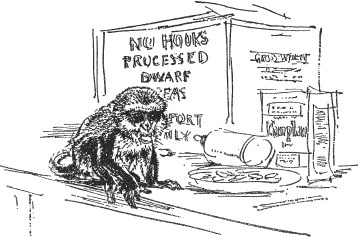
From my seat on the bougainvillaea-enshrouded verandah I looked out over the blue and glittering waters of the bay of Victoria, a bay dotted with innumerable forest-encrusted islands like little green, furry hats dropped carelessly on the surface. Two grey parrots flew swiftly across the sky, wolf-whistling to each other and calling coo-eee loudly and seductively in the brilliant blue sky. A flock of tiny canoes, like a school of black fish, moved to and fro among the islands, and dimly the cries and chatter of the fishermen came drifting across the water to me. Above, in the great palms that shaded the house, a colony of weaver-birds chattered incessantly as they busily stripped the palm fronds off to weave their basket-like nests, and behind the house, where the forest began, a tinker-bird was giving its monotonous cry, toink toink toink , like someone beating forever on a tiny anvil. The sweat was running down my spine, staining my shirt black, and the glass of beer by my side was rapidly getting warm. I was back in West Africa.

